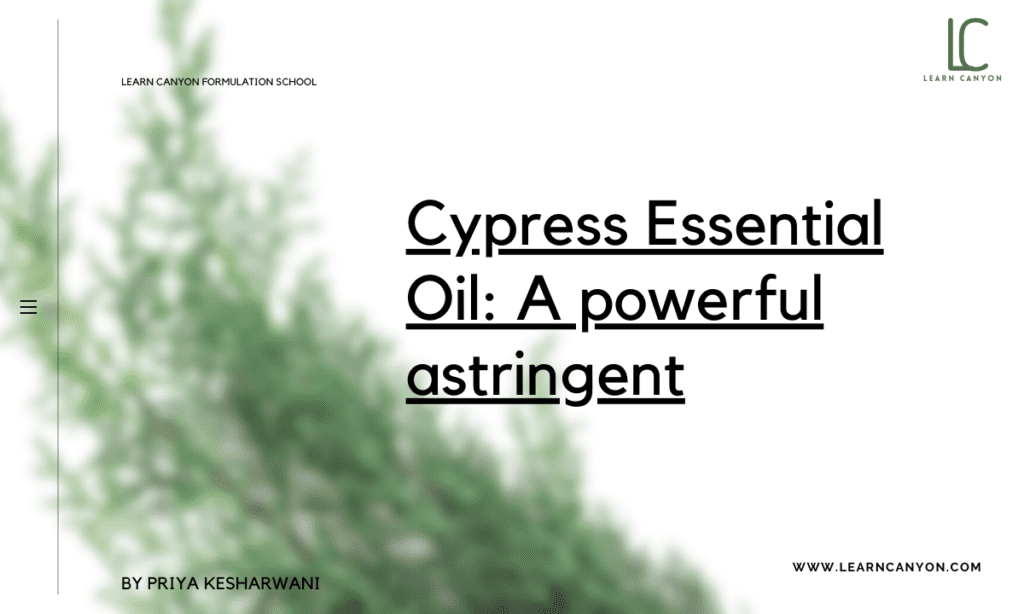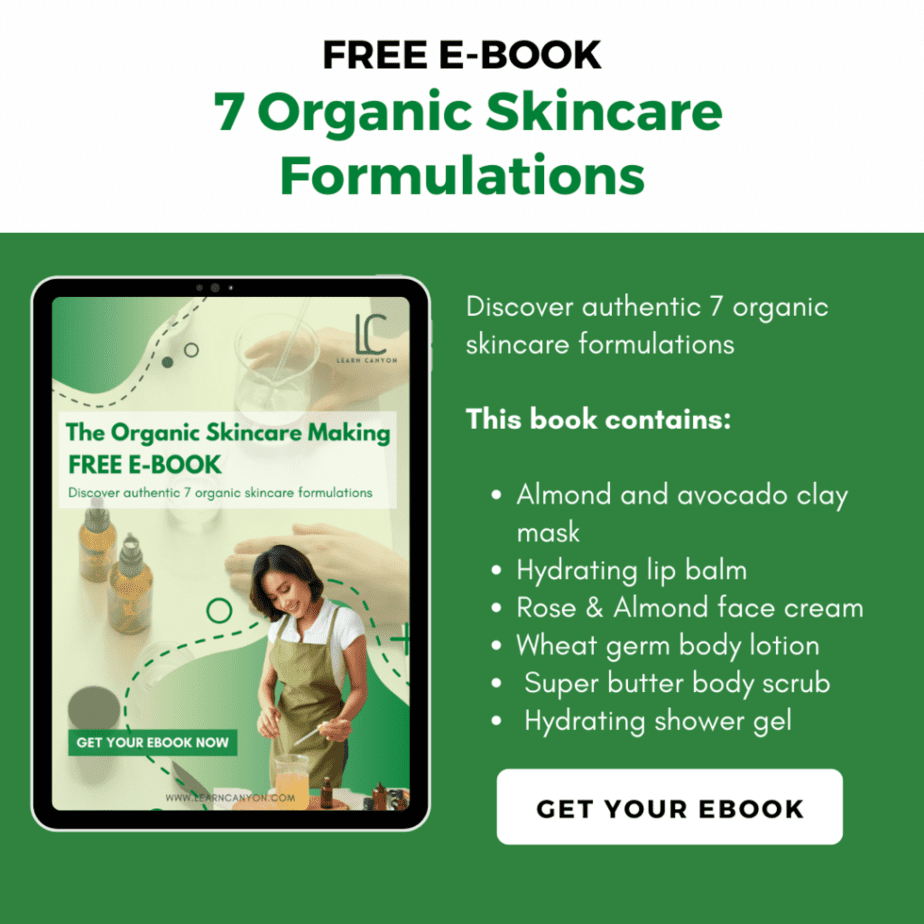
Cypress French (Cupressus sempervirens) twig essential oil

Cypress French is a powerful astringent.
Cypress trees are now popular ornamentals, and their wood is a popular building material due to its adaptability, durability, and aesthetic appeal. Cypress oil is also used in alternative medicine, natural fragrance, and cosmetics.
The essential oil of Cypress varies in hue from yellow to dark blue to bluish green and has a fresh woody scent. Aromatic qualities include smokey and dry, as well as earthy and green.
What is Cypress French essential oil?
Steam distillation is used to obtain Cypress Essential Oil from the needles and twigs of the young branches. Cypress oil comes from the majestic Cypress tree, which is native to Asia and the Mediterranean.
The Cypress tree is an evergreen plant with dark leaves, small yellow flowers, and spherical cones that can reach a height of 30 metres. Cypress is a plant that has long been associated with spirituality and immortality.
| What is it? | Cypress Essential Oil is a powerful and distinctively scented essence extracted from the needles and leaves, as well as the wood and bark, of certain Cypress tree species, using steam distillation. |
|---|---|
| INCI | Cupressus sempervirens Leaf/Stem Oil |
| Appearance | Yellow in colour |
| Texture | Light to medium consistency. |
| Recommended Usage | 1.0-10.0% |
| Solubility | Oil soluble |
| Melting point | NA |
| Boiling point | NA |
| pH | NA |
| Aroma | Strong woodsy scent |
| Why do we include it in formulations? | Cleanse, tighten, and rejuvenate the skin by acting as an astringent and purifying agent with a soothing touch. |
| How to work with it? | Avoid heating and include it in the water phase of the formulation. |
| Applications | The pleasant aroma of cypress oil has made it a popular ingredient in natural deodorants and perfumes, especially for men. |
| Absorption rate | Fast |
| Strength | In men's scents, it's quite common. |
| Weaknesses | It's pricey and difficult to find. |
| Substitution | Eucalyptus |
| How to store it? | Sored in a dark, cool, and dry location. |
| Shelf life | Cypress French has a one to two-year shelf life. |
| Type of ingredient | Essential oil |
|---|---|
| Main benefits | Antibacterial, antimicrobial, and antifungal activities are all present in it. |
| Who should use it | skin that is too greasy |
| How often can you use it? | Use essential oils twice a day. |
| Works well with | It goes well with other oils and oil-based products, and it also works well with moisturising and anti-inflammatory compounds to balance out its astringent properties. |
| Doesn't work with | It's advisable not to mix it with alcohol-based products because it can be drying. |
| How to use | When your mixture is cooling down, add this ingredient. |
Mechanisms of action
Cypress oil has antimicrobial properties and can be used to treat infectious disorders. Because of its antibacterial properties, it can be used to treat both interior and external wounds.
Gram-positive bacteria are more resistant to it than Gram-negative bacteria. Its antimicrobial action is primarily attributed to key ingredients such as pinene and cedrol, while antiseptic properties are attributed to the presence of camphene.
Benefits of Cypress French essential oil
- Cypress Essential Oil is purifying and helps to improve the appearance of acne and pimples when applied topically, making it ideal for inclusion in cosmetic formulations for oily skin.
- Cypress Essential Oil, also regarded as a potent astringent, is an excellent addition to toning products for tightening the skin and imparting a sensation of invigoration.
- The pleasant aroma of cypress oil has made it a popular ingredient in natural deodorants and perfumes, as well as shampoos and conditioners, particularly for men.
- Alpha-Pinene, delta-Carene, Guaiol, and Bulnesol are the major chemical ingredients of certain popular kinds of Cypress Essential Oil.
Side effects of Cypress French essential oil
Essential oils are frequently assumed to be safe because they are natural. While essential oils have numerous advantages, they can be hazardous if overused.
How to use it in formulation?
We’ve said it before, and we’ll say it again: because cypress oil is an essential oil, don’t apply it directly to your skin. If you want to get the anti-acne benefits, mix a drop or two in with some of your skincare products.
Works well with other ingredients
Bergamot, Clary Sage, Frankincense, Grapefruit, Juniper, Lavender, Lemon, Lime, Juniper, Peppermint, Rosewood, Sandalwood, and Spearmint are some of the essential oils that combine well with Cypress.
It’s a good idea to combine it with a hyaluronic acid-containing product.



